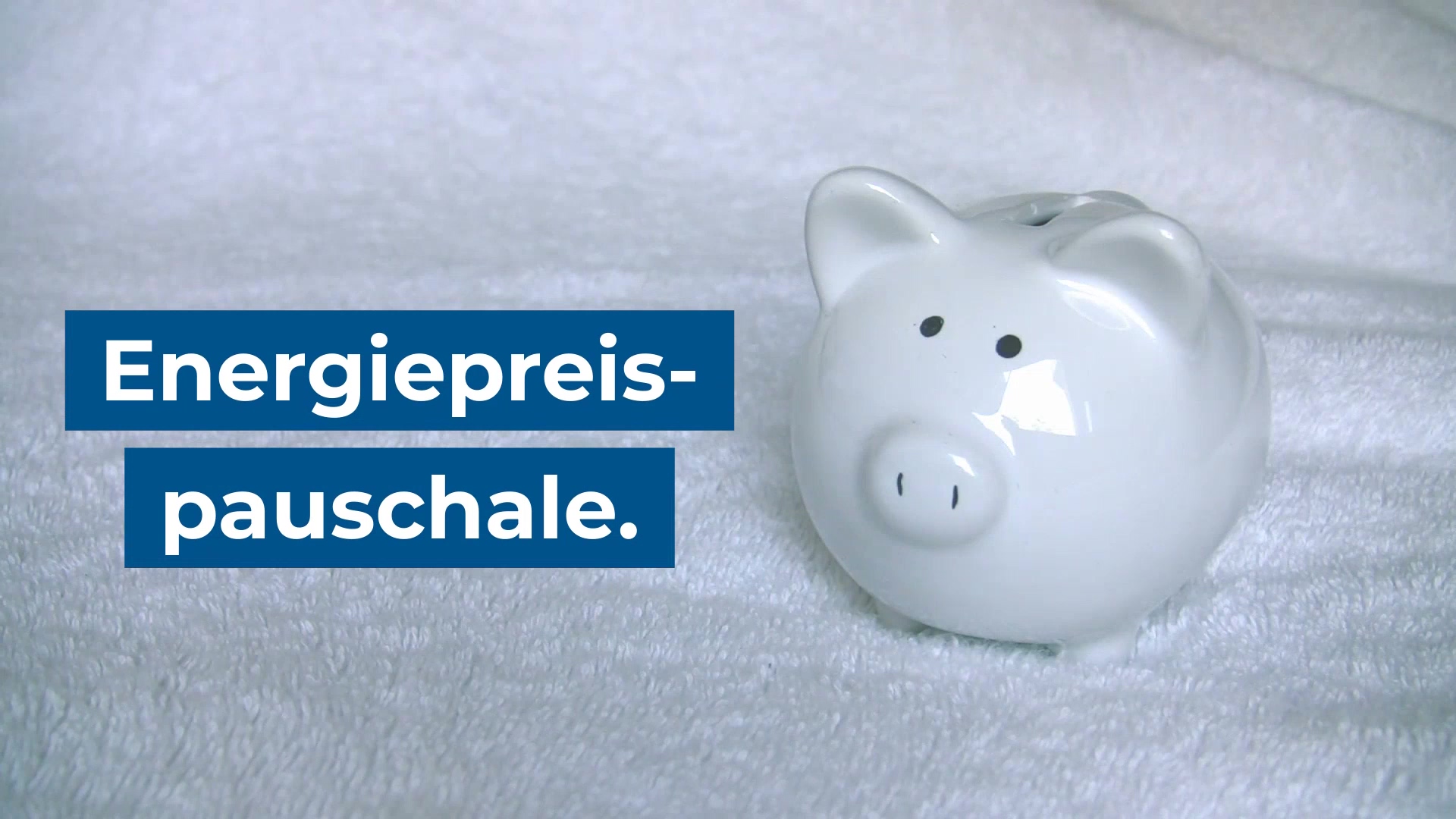Every day we make thousands of small and large decisions. From “Should I buy the wholemeal roll or the cinnamon roll?” on «Should I walk to the office or take the bus?» to “Do I work on the client project right now or do I read my emails first?” How about questions like “Do I become self-employed or stay employed?”? Decisions affect our life, our well-being, our income. That’s why it’s important to make big-consequence decisions wisely and to the best of our abilities. Unfortunately, this doesn’t always work because we quickly suffer from decision fatigue.
Decision fatigue? What is it?
Unfortunately, our willpower and control, which we need to make good decisions, are not infinite. It wears out over the course of the day and leads us to make less and less thoughtful and free decisions as time goes by.
A 2011 investigation evaluated Israeli court parole hearings and found something disturbing:
- Shortly after the start of the proceedings the judges were inclined to accept up to 65% of the applications
- This rate subsequently dropped to around 0%.
- After a pause in taking meals (second breakfast, lunch), the number of accepted applications rose again to the maximum value and then decreased again
- e: The decisions towards the end of each period maintained the status quo and were therefore a rejection of change!
What does this say about optimal decision making?
Apparently human willpower and the ability to concentrate needed to make productive and meaningful decisions are limited. Over time we become tired and tend to make far-reaching decisions without the necessary willingness to weigh the facts and recognize and question the feelings that emerge. This might not be an issue when making a purchasing decision when it comes to breakfast snacks (ok, your slim figure might suffer in the long run if it’s always the cinnamon roll), but when it comes to making your workday productive or life-changing, things are different. We need an optimal starting point to make the best decisions for ourselves. That’s why I recommend these tips!
4 tricks to avoid decision fatigue and make good decisions
1. First Things First: important decisions first
It’s best to set aside the morning to make important decisions. Then you will be refreshed and completely ready to intensively deal with the facts on the topic. Take the time you need and clear your head.
For your productive workday this means: First, plan your daily routine and evaluate tasks according to their priority for your company. Now you can do it better and without prejudice. This way you will avoid putting off important things again and again. Maybe do this planning with your first coffee in the morning, before everyday life takes over and requires you to make lots of small decisions that lead to decision fatigue.
So, if you can control it, schedule all important decisions for the morning.
2. Take breaks every now and then
The study cited above demonstrated that judges were repeatedly able to make more nuanced decisions after lunch breaks. So consciously take breaks to refresh yourself. Subsequently, your decisions will be better for you.
If someone tries to pressure you into making a quick decision over the phone: Ask for a break and offer to call them back. Sometimes a quarter of an hour is enough to get back into shape and make qualified and productive decisions.
3. In case of crisis: get proven tools
If you absolutely have to make a short-term decision (the special offer for your dream trip expires today, the early bird price for an expensive conference is only valid now): make your decision in writing. It doesn’t take much, but it can give you skills you don’t currently have available due to decision fatigue. In the simplest case, you list everything that speaks for and against it. You can find more tips for written decision making here and here.
4. Relax with the routine
Every normal day brings with it a series of decisions that we are not even aware of:
- Should I get up or lie down for another 10 minutes?
- Jogging or not?
- Do I wear red pants or blue ones?
- will it be coffee or tea for breakfast?
- …
Because these decisions are so trivial! However, they block us and require our willpower. Habits and routines help us here. They make the decision for us because it’s clear that we are creatures of habit anyway
- Wake up peacefully 10 minutes before getting up
- then go for a jog
- choose our clothes the night before and put them out
- and of course drink a coffee 😉
What do routines do for us? First of all, the certainty that everything will work as we need. And of course the relief of having to make just one decision each time. Developing habits takes time, but it’s worth it. This keeps our brains free for the important decisions that still need to be made that day. My extra tip: Incorporate your daily schedule into a morning routine. Then you won’t even have to decide anymore.
latest posts published

Are you starting to run? This is how we persevere!

Your time invested profitably every day: What are your EPAs?

Energy flat rate: who is entitled to the 300 euro bonus?

Here’s how companies choose the right solution

Set and achieve goals with SMART

Different working models and employee retention: a connection?

Flexible working hours

Personal Kanban in the notebook: be productive

Reporting for effective workforce management


